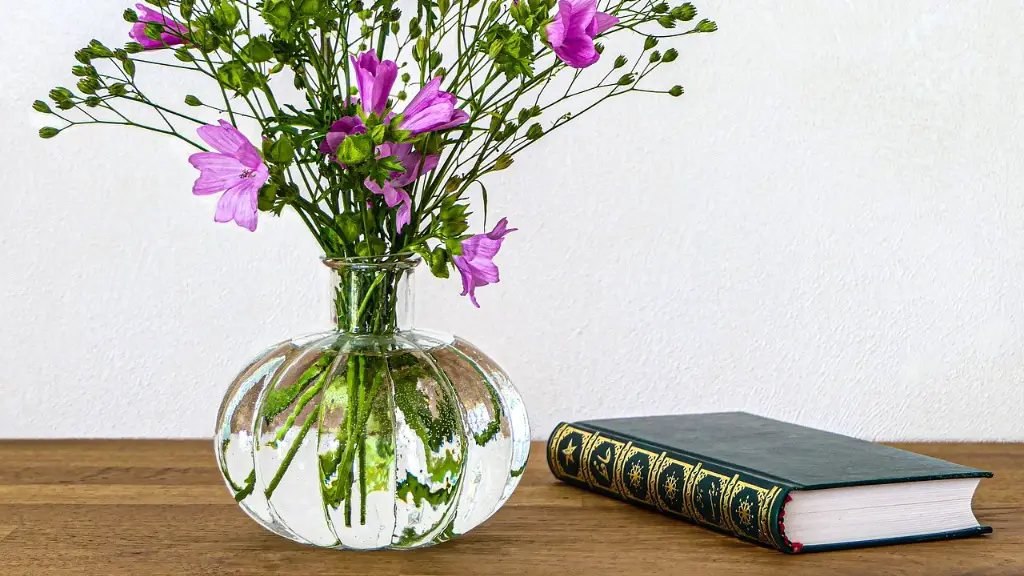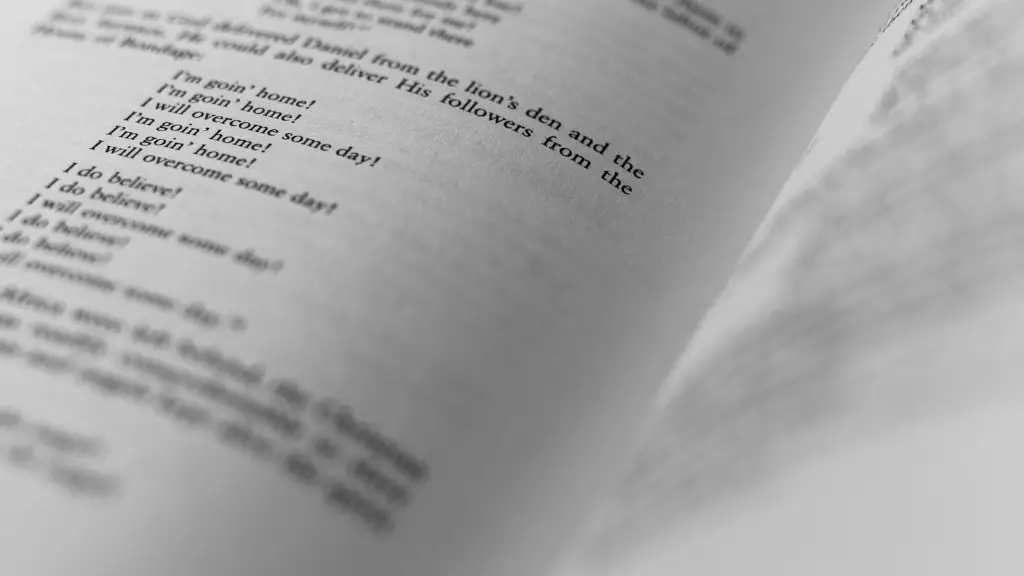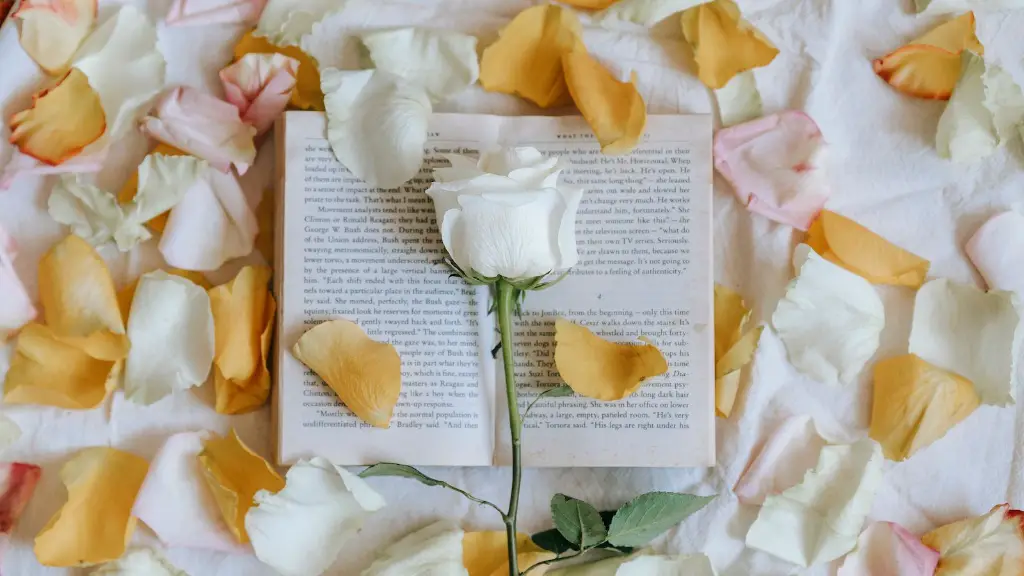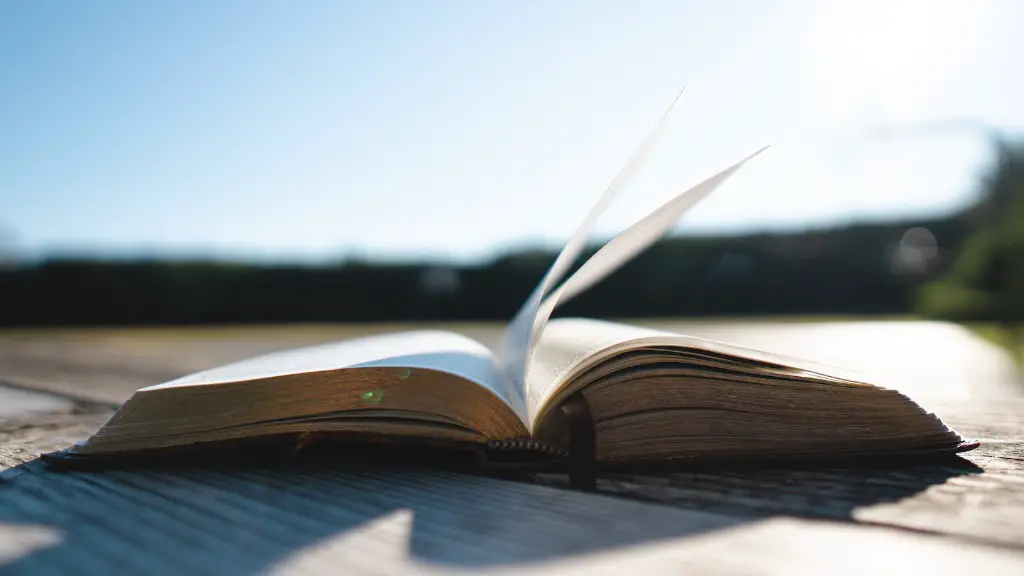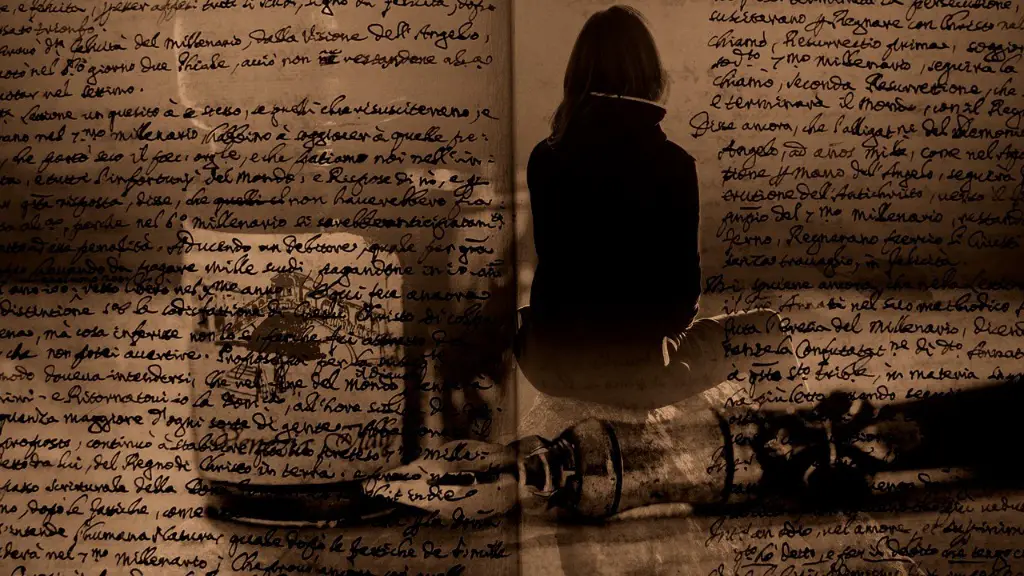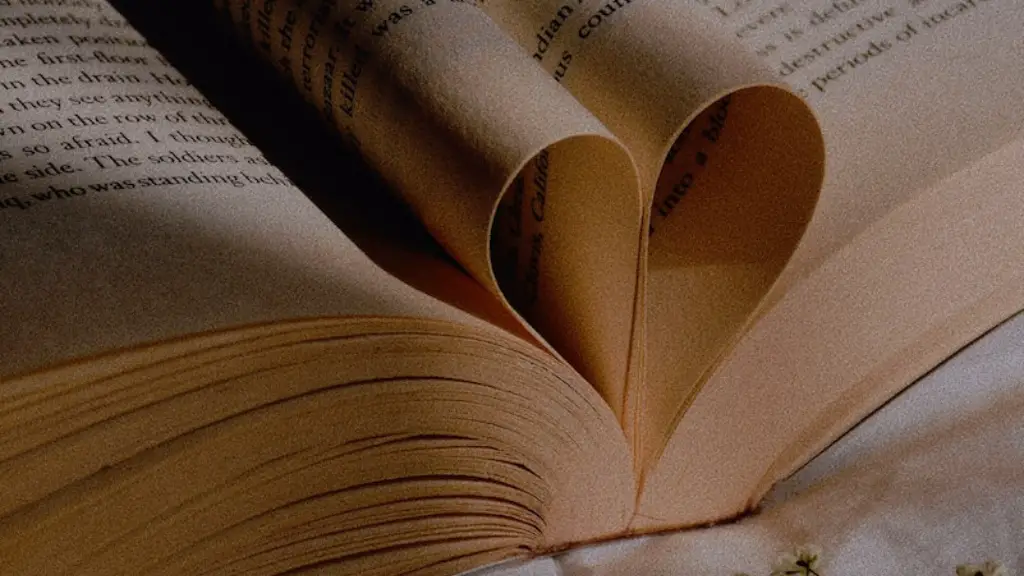What is poetry? Poetry is an art form that uses language to present its message in an imaginative, often beautiful and emotionally evocative way, with the aim of provoking thought, inspiring creativity, and eliciting emotion. It is a powerful form of communication that can be used to deliver a message of love, celebrate a milestone, or even express grief or sorrow. Poetry has existed for centuries, with many cultures around the world using it to express their feelings and beliefs, highlight injustices, and provide comfort and solace.
The term “poetry” can have different meanings for different people; however, it is generally accepted that it is a form of literature that focuses on the use of rhythm, imagery, metaphor, vivid description, and other figurative language to convey emotion and meaning. It is often rhymed, but it does not have to be in order to be considered poetry. One of the distinguishing features of poetry is its ability to capture a wide range of emotion and feelings by using powerful and expressive words.
Poetry can be divided into two broad categories: free verse and structured verse. Free verse poetry relies heavily on the use of language to communicate a particular idea or emotion, while structured verse is more formal in structure and follows strict rules of form such as the sonnet, villanelle, or sestina. Both formats have their advantages, and the type of poem chosen will depend on what the poet is trying to convey.
There are many devices and techniques used by poets to evoke a response in the reader. These include the use of imagery and metaphor to create vivid, poetic images, and the use of rhythm, rhyme, alliteration, assonance, consonance, and enjambment to give the poem a musical quality. These devices can be used to create a deeper meaning by linking phrases and ideas, and to help the reader connect with the poem on a more emotional level.
Poetry can often be difficult to understand, but the best poems offer the reader a chance to connect with the poet’s thoughts and feelings in a unique and intimate way. It has the power to take us to places we have never been before, to explore emotions and insights in a way that is not often found in everyday language. Many people find solace, joy, and inspiration in poetry, and it continues to be an important form of expression in our culture.
Importance of poetry
Poetry has been a part of people’s lives since ancient times and continues to be used as a means of expression even today. It is an important part of language and culture, used to express emotion, tell stories, and reflect on life’s biggest questions. Poetry is not only important to language, but also to society, as it helps to document history and to provide emotional depth and impact. It can be used to educate, to inspire, to heal, to celebrate, and to connect people from all backgrounds and levels of understanding.
Poetry has an impact on the lives of both readers and writers, engaging them in emotional, intellectual, and spiritual expression. By writing poems, people can externalise their feelings and ideas, allowing for an exploration and understanding of the world around them. For readers, poetry can open up new dimensions of life, inspiring an emotional connection and providing deeper insight into the author’s life. Through reading and writing poetry, people can connect with one another and gain a deeper understanding of the human condition.
Moreover, poetry can provide a platform to chronicle and document a people’s culture and history. Many of the world’s best poems carry vital messages of hope and understanding, providing readers with an understanding of the deeper meaning of life and the beauty of nature. It is a timeless form of expression that has always been used to convey emotion and meaning, and its importance to society is evident in its enduring presence throughout the centuries.
The ongoing importance of poetry to language and culture is further evidenced by the fact that many of the world’s biggest ceremonies and events, such as weddings, graduations, and funerals, are often marked with readings of poetry. It is a powerful tool for expressing emotion and connecting with others, and its influence will continue to be felt for many years to come.
Different types of poetry
Poetry is vast and varied, and several different forms or types of poetry have evolved over time. Classical forms of poetry such as epic and lyric have been around for centuries, while modern forms such as free verse and spoken word are much more recent. Each type of poem has its own unique features, making it suitable for different purposes.
Epic poetry is a narrative form, typically about heroic adventures and the deeds of gods or heroes. It is often written in an elevated style with plenty of description and detail. Lyric poems, on the other hand, are more intimate and often explore personal feelings or perspectives. These poems are often spoken or sung and focus on expressing strong emotions such as joy, sorrow, and love.
Haiku is one of the most iconic forms of poetry and is traditionally used by Japanese poets to capture short moments or observations in an economical and simple way. This type of poem usually consists of three lines and 17 syllables, and often involves the use of metaphor and imagery to create an impact.
Free verse is a modern form of poetic expression that is often used to express emotion and ideas, and to explore topics in a more informal and relaxed way. Unlike structured forms of poetry, free verse relies heavily on the use of language to express its ideas, and does not follow strict rules or syllable patterns.
Another modern form of poetry is spoken word, which is often performed in front of audiences, particularly in the Slam Poetry tradition. This type of poetry is typically written to be read aloud, and is often used to express feelings of anger, sorrow, or defiance. It can also be used to highlight social injustices or to empower audiences to take action.
Contemporary poetry
Many of today’s biggest poets, such as Emily Dickinson, Maya Angelou, and Walt Whitman, have contributed greatly to the appreciation of poetry. These poets have explored topics such as love, death, religion, and nature, writing in traditional and modern forms of poetry to capture their feelings and experiences.
In the contemporary era, poetry is still flourishing and has gained a much wider audience than ever before. With the advent of the internet, many poets have been able to share their work with a global audience, allowing for the rise of innovative, exciting new forms. Modern translations of classic verses, popular spoken word performances, and the rise of the trend of “Instapoetry” are just some of the new trends that are allowing poetry to reach a wider audience.
At the same time, the internet has also allowed for the rise of discourse about poetry. With people able to exchange ideas in an open and public way, an increasing interest in the art form has developed, which has been further fueled by online “poetry slams” and other virtual events.
The popularity of poetry in the modern era has allowed for an increased focus on issues of representation and privilege in the arts. People of all backgrounds and experiences are now able to share their stories, leading to a more diverse range of voices in poetry and a more inclusive understanding of the art form.
Poetry today
Poetry has been and continues to be an essential part of the world’s cultures and languages. It is a powerful form of expression, allowing for the exploration and communication of thought and emotion. Today, poets are using their art to explore topics such as love, death, loss, belonging, and justice, connecting with wider audiences in a meaningful and powerful way.
In an increasingly digital world, poetry has become more accessible than ever, allowing for a greater appreciation of the art form. Online platforms, poetry slams, and open mic events, have opened up the genre to more people, introducing new voices and perspectives to the world of poetry.
The impact of poetry on society is still being felt in different ways, and it continues to be a powerful form of expression that can communicate ideas and stories in an experienced, emotive way. A world without poetry would be a world lacking in emotion and a reflection of the human condition.
Conclusion of poetry
Although poetry is often hard to define, there is no denying its power to express emotion and conveying meaning. It is a timeless form of art that has been used for centuries to educate, inspire, and heal, and its impact on society is undeniable.
In the contemporary era, poets are continuing to explore the boundaries of the genre and expanding its appeal to wider audiences, with open mic events and online platforms making it more accessible than ever before. It is a powerful art form that has the power to bring people together and bring hope, perspectives, and comfort to a world in need.
